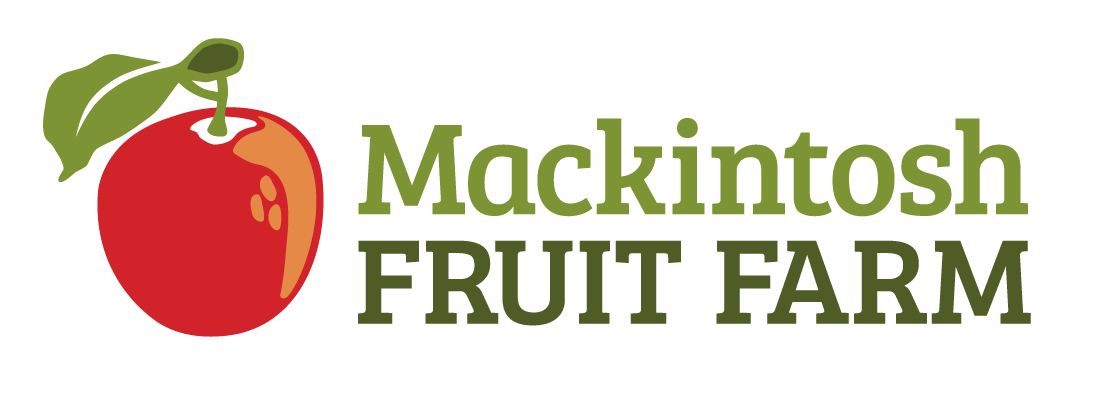Organic Isn’t Always Best
When deciding how to manage pests we considered organic, but we were discouraged at some of the chemicals used and their effects on the environment. Keep in mind that all substances have a chemical make up so we will not refer here to chemicals as bad and natural as good.
Some organic chemicals can use high rates of copper for disease control. However the high amounts of copper alters the soil chemistry and remains in the soil for many years.
Other organic methods include the use of antibiotics like streptomycin for bacterial diseases.
Beneficial Insects Versus Pests
Many organic insecticides are harmful to our beneficial insects. By reducing the insects that feed on the bad bugs we are asking for trouble. There is a pretty good chance that the insect that we were trying to control will come back with a vengeance having no predator insects to help keep them in check. Our goal is to not spray at all, but if we have to we will only use materials that will not linger in the soil, air, or water and will leave no residue on the food. We have used insect viruses that only kill the worm that likes eating fruit and is then completely broken down by the sun. Another method we use is mating disruption. This method uses a pheromone that blocks the female moth’s scent so that the male cannot find her. We are sure that this must be frustrating for the moths, but it greatly reduces the next generation from feeding on our fruit.
